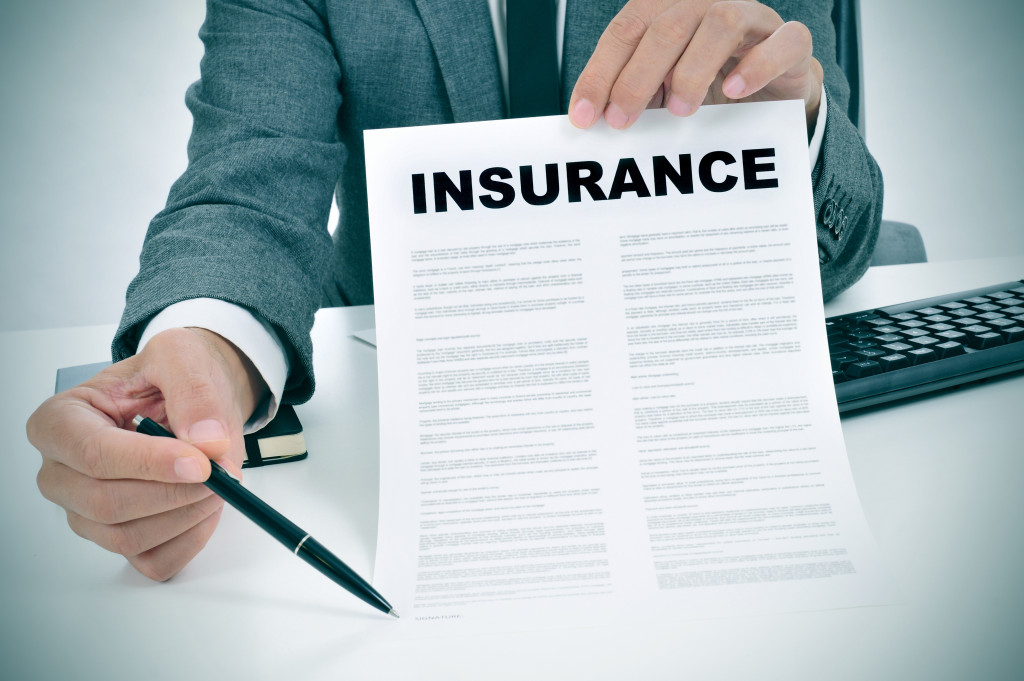Do you dream of owning a rental property? Perhaps you envision a charming country cottage that you can offer as a vacation rental, or a cozy bungalow in the city that would be perfect for long-term tenants. Or maybe you have your eye on a fixer-upper that you can renovate and flip for a profit. Whatever your plans may be, there are some things you need to know before taking the plunge into rental property ownership. Here’s a practical guide to running a charming rental property.
1. Research the Local Market
First and foremost, doing your homework and researching the local market before buying a rental property is essential. If you’re planning to offer your rental as a vacation home, find out what other vacation rentals are available in the area and what they’re charging. Are there any unique amenities or features you can offer that will make your rental stand out from the rest?
If you’re planning to rent to long-term tenants, find out what similar properties are renting for and whether there is a demand for rentals in the area. It’s also important to factor in the potential for future growth; if you’re buying in an up-and-coming neighborhood, your investment will likely appreciate over time. You can research the local market by talking to real estate agents, searching online, or reading local newspapers and magazines.
2. Get the Right Insurance Coverage
Be sure to purchase adequate insurance coverage for your rental property. You’ll need both liability insurance and property insurance. Liability insurance will protect you in case someone is injured while on your property; property insurance will protect your investment in case of fire, theft, or vandalism. It’s also a good idea to require tenants to carry renters’ insurance; this will protect their belongings in case of any damages or accidents on the premises.
Depending on the type of rental property you own, you may also need to purchase special insurance coverage. For example, if you’re renting out a vacation home, you’ll need to purchase vacation rental insurance. You may need to purchase landlord insurance if you’re renting to long-term tenants. Be sure to talk to your insurance agent to find out what type of coverage you need.

3. Keep Up With Property Maintenance
One of the most important aspects of being a landlord is keeping up with property maintenance. This includes everything from mowing the lawn and shoveling snow to fixing leaks and making sure the property is up to code. Neglecting property maintenance can lead to big problems down the road, so it’s important to stay on top of it.
If you don’t have the time or energy to handle property maintenance yourself, you can hire property management services to do it for you. This is usually a good idea if you own multiple rental properties or if your property is located far away from where you live. They can also handle tasks like screening tenants and collecting rent.
4. Screen Tenants Carefully
You want to be sure that you’re renting to responsible tenants who will take good care of your property. To this end, it’s important to screen tenants thoroughly before signing any leases. In addition to checking references, be sure to run a credit check and verify employment status. You may also want to consider requiring tenants to submit to a background check.
When screening tenants, it’s essential to be consistent and fair. Be sure to treat all applicants the same way to avoid any potential discrimination claims. Some landlords require all applicants to pay a screening fee; this helps to offset the cost of running credit checks and background checks. But be sure to check your state and local laws to make sure this is allowed.
5. Draw Up a Detailed Lease Agreement
Once you’ve found the right tenants, it’s time to create a lease agreement. This document should spell out all the rules and regulations regarding the rental property, such as when rent is due, how long the lease is for, and what the consequences are for breaking the lease. It should also include a detailed description of the property, such as the square footage, number of bedrooms and bathrooms, and any special features or amenities.
Be sure to have a lawyer look over your lease agreement before you sign it; this will help to ensure that it’s legally binding. Once both you and the tenant have signed the lease, make sure to keep a copy on file for your records.
Taking the plunge into rental property ownership can be both exciting and daunting, but with proper research and preparation, it can also be very rewarding. By following these practical tips, you’ll be well on your way to running a charming rental property that you and your tenants will enjoy for years to come. With a bit of effort, you can turn your rental property into a profitable and enjoyable endeavor.

